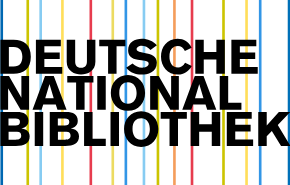TYPES OF INFORMATION ON THE INTERNET
DOI:
https://doi.org/10.55640/Keywords:
Internet, Information Types, Media Literacy, News, Education, Communication, Digital Age, Social Media, E-commerceAbstract
This article provides an in-depth analysis of the various types of information available on the Internet. It categorizes information into several groups, such as news and journalism, educational content, entertainment, commercial and business data, scientific research, social media, and governmental and institutional data. The article examines how each type functions, who the target audience is, and the role it plays in the digital ecosystem. Special attention is given to the issue of media literacy and the challenges posed by misinformation and disinformation online. The article concludes by emphasizing the importance of responsible information consumption and digital literacy in the modern world.References
1.Castells, M. (2010). The Rise of the Network Society. Wiley-Blackwell.
2.Anderson, C. (2006). The Long Tail: Why the Future of Business is Selling Less of More. Hyperion.
3.Jenkins, H. (2006). Convergence Culture: Where Old and New Media Collide. NYU Press.
4.Shirky, C. (2008). Here Comes Everybody: The Power of Organizing Without Organizations. Penguin.
5.Lankshear, C., & Knobel, M. (2008). Digital Literacies: Concepts, Policies and Practices. Peter Lang.
6.Tapscott, D. (2009). Grown Up Digital: How the Net Generation is Changing Your World. McGraw-Hill.
7.Rainie, L., & Wellman, B. (2012). Networked: The New Social Operating System. MIT Press.
8.Buckingham, D. (2003). Media Education: Literacy, Learning and Contemporary Culture. Polity Press.
9.Boyd, D. (2014). It's Complicated: The Social Lives of Networked Teens. Yale University Press.
Downloads
Published
Issue
Section
License

This work is licensed under a Creative Commons Attribution 4.0 International License.
Authors retain the copyright of their manuscripts, and all Open Access articles are disseminated under the terms of the Creative Commons Attribution License 4.0 (CC-BY), which licenses unrestricted use, distribution, and reproduction in any medium, provided that the original work is appropriately cited. The use of general descriptive names, trade names, trademarks, and so forth in this publication, even if not specifically identified, does not imply that these names are not protected by the relevant laws and regulations.







